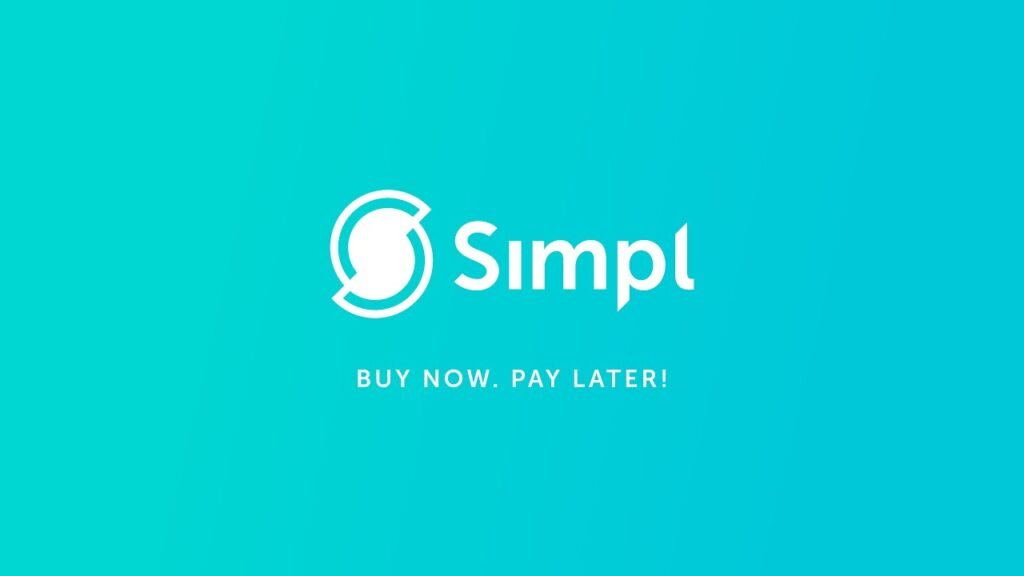The Reserve Bank of India (RBI) has directed Bengaluru-based Buy-Now-Pay-Later (BNPL) fintech Simpl to immediately cease all its payment and settlement operations. This move stems from the finding that Simpl was operating as a payment system without the required Certificate of Authorisation, in violation of the Payment and Settlement Systems (PSS) Act of 2007.
Why Did RBI Take Action?
According to the RBI, Simpl had been running payment, clearing, and settlement activities without seeking the regulator’s explicit permission under Section 4 of the PSS Act. The central bank’s letter dated September 25, 2025, emphasised that no entity is permitted to operate such payment systems in India without prior official authorisation. The RBI’s intervention is part of a broader campaign to strengthen regulatory oversight over rapidly expanding digital credit and payment platforms, ensuring consumer protection and fostering stability within the fintech ecosystem.
Nature of Non-Compliance and Alleged Irregularities
Simpl’s lack of a Certificate of Authorisation meant that it fell afoul of the very foundation of regulatory requirements for payment system operators. The company works with over 26,000 merchants, facilitating deferred payments for customers at checkout—a model at the heart of its BNPL offering. However, its settlement and payment aggregation functions, performed without RBI approval, brought it directly under regulatory scrutiny.
Additionally, Simpl is under investigation by the Enforcement Directorate (ED) for alleged violations of foreign direct investment (FDI) and foreign exchange rules. Authorities claim the company, under its legal entity One Sigma Technologies Pvt Ltd, received about Rs 913 crore as FDI, classifying itself as an IT services provider. Investigators, however, allege that its real business is financial services, which would require different regulatory clearances, including government approvals that Simpl failed to obtain.
Escalating BNPL Regulatory Scrutiny in India
The RBI’s actions must be seen in the context of its ongoing efforts to ensure discipline across digital lending and payment startups. The BNPL sector has seen meteoric growth, offering customers quick credit and seamless digital checkouts. However, concerns have mounted over unsecured lending, transparency, accountability in credit flows, and consumer safeguards. In 2022, BNPL companies were already prohibited from topping up prepaid payment instruments using borrowed funds, which signalled the RBI’s intent to integrate BNPLs into the mainstream digital lending regulatory framework.
The RBI had previously cracked down on other firms attempting to settle payments without proper licensing, treating Simpl’s operations as a similar violation. The regulator’s message was unequivocal: all digital payment and credit systems, whether card-based, wallet-driven, or BNPL-focused, must adhere to established regulatory standards.
The Fallout for Simpl and Its Users
The directive had swift consequences for Simpl’s operations. Besides suspending core payment-related activities, the uncertainty impacted its workforce, with about 100 employees reportedly laid off following the RBI’s decision. The halt also affects millions of customers and thousands of merchant partners who relied on Simpl for easy checkout and deferred payments. Services with major online platforms, including food delivery, e-commerce, and quick commerce giants, were disrupted.
Industry Response and Broader Impact
The RBI’s directive reverberated across the fintech industry. Most BNPL and payment startups are now compelled to either acquire a non-banking financial company (NBFC) license or strictly collaborate with regulated entities, serving only as lead generators or “sourcing channels.” Simpl’s decision not to pursue such licenses, despite the evolving regulatory environment, arguably contributed to the regulatory crackdown.
The central bank’s move is widely viewed as a warning to other fintech players regarding the criticality of compliance and transparency. It signals a “zero-tolerance” approach towards unauthorised financial intermediation and underscores the need for sound governance in the digital payments landscape.
What’s Next for Simpl?
For Simpl, the future now hinges on either securing the necessary regulatory clearances and licenses or fundamentally transforming its business model. Strategic alternatives include operating exclusively as a technology provider for licensed financial partners or overhauling internal compliance to gain RBI approval. The path forward will depend on regulatory willingness to allow a compliant and restructured fintech entity to re-enter the digital payments sector.
A senior Simpl executive, speaking anonymously, claimed that the company’s model uses only its own funds, stating, “We use our own money against our own collateral; no public money is involved. If a customer defaults, the loss is ours.” He added that Simpl’s revenue model charges merchants, not consumers, and imposes only flat late fees, differentiating it from traditional consumer loan practices. Despite these defences, regulatory authorities remain focused on structural compliance rather than on business model nuances alone.
Key Takeaways for Consumers and the Industry
This episode marks a significant milestone in India’s fintech regulation journey. It highlights:
- RBI’s determination to bring every digital credit and payment intermediary under a disciplined, transparent regime.
- The importance of fintechs lies in obtaining proper licenses, maintaining regulatory disclosures, and aligning business operations with both the letter and the spirit of financial laws.
- Consumers’ need for vigilance regarding which platforms are authorised, to avoid possible service disruptions or issues with refunds and settlements when regulatory action is taken.
